With supply chain transparency being top of mind for many businesses, our expanded LBG Framework will enable our network companies to better measure supply chain diversity. Australia Post is a great example of an LBG member diversifying their supply chain. They have a three-year partnership with ARA Indigenous Services, a Supply Nation certified supplier, to provide cleaning and associated services to all Australia Post buildings in South Australia, Western Australia and the Northern Territory. Australia Post also has a three-year partnership with Assetlink to clean its buildings in Victoria, New South Wales, Queensland and the Australian Capital Territory. Both contracts have embedded KPIs and reporting for indigenous employment at all levels. Overall, Australia Post reports that in the 2017-18FY it spent more than $7.4 million with social enterprises and indigenous businesses in the supply chain, up from $5.6 m in the previous year. More information on their strategy can be found in their report.
Another example of an LBG member leading the way in terms of supply chain transparency is Betty & Taylors Group, who recognise the role that transparency can play in helping create more resilient and sustainable supply chains. It has been five years since the launch of their Taylors Sourcing Approach (TSA), a model for integrating sustainability ambitions directly into their supplier relationships and putting their values at the centre of how they buy their tea and coffee. Thanks to TSA, they work in partnership with strategic suppliers via long-term contracts to improve quality and social and environmental standards. Their commitment to supply chain transparency is evident from the supplier list, made public on their website.
Bettys and Taylors Group are also leading the way in terms of their commitment to improving the lives and livelihoods of the people they reach around the world. Investing in the people and places where their tea and coffee is grown is part of their commitment to a supply chain that empowers producer communities. In 2018, they invested £834k in social and environmental supply chain projects in twelve countries. A breakdown of this investment can be found here, which includes £41,884 to educational projects, £169,249 to health projects and £47,200 to social projects.
